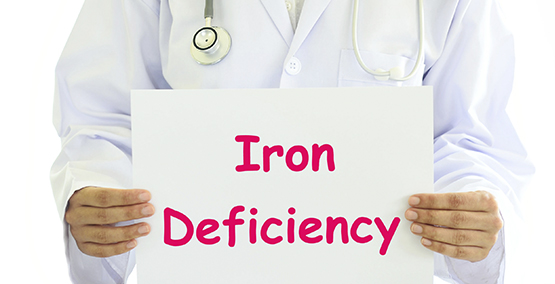
The Latest and greatest treatments for IBD: What to believe
What’s the best IBD medicine for me? Confusion on television and in your inbox....
See moresign up for our newsletter
SubscribeIf you or your child has IBD, diet may not be enough to treat or prevent possible iron deficiency. If this is the case, your healthcare provider may recommend a multivitamin with iron or a high dose iron supplement. This generally works for those with mild deficiencies (a hemoglobin of over 11 for everyone over 5 years of age as long as they don't have another blood disorder or vitamin deficiency).
Iron supplements can be bought without prescription, but they should not be administered without supervision from your doctor and blood levels. Taking high doses of iron can be harmful, damaging the heart muscles and liver if not properly monitored. That monitoring is especially important in those with IBD, since iron pills can cause a flare in their symptoms or disease.
If supervised iron supplementation is not effective in treating the deficiency, iron can also be given intravenously (IV). The newer iron medicines are well tolerated and can bring blood counts up; however, sometimes several infusions are needed.
A hemoglobin count can help you and your doctor decide how much iron you need and whether intravenous (IV) iron may be needed<<link-HEMOGLOBIN COUNT IN IBD. A hemoglobin of less than 8 indicates a severe anemia that needs to be treated with IV iron or a transfusion. A hemoglobin under 11 suggests a moderate anemia and treatment, usually with IV iron, especially if you keep losing blood or have active IBD.

Interventions for Iron Deficiency
Intravenous (IV) iron administration
This article, as well as all others, was reviewed and edited by a member of our Medical Advisory Board.
Subscribe Be the first to know